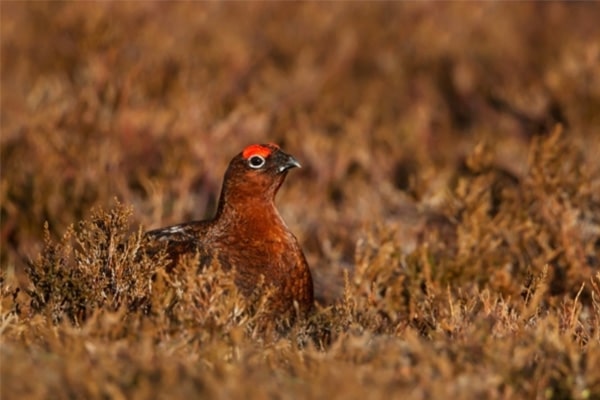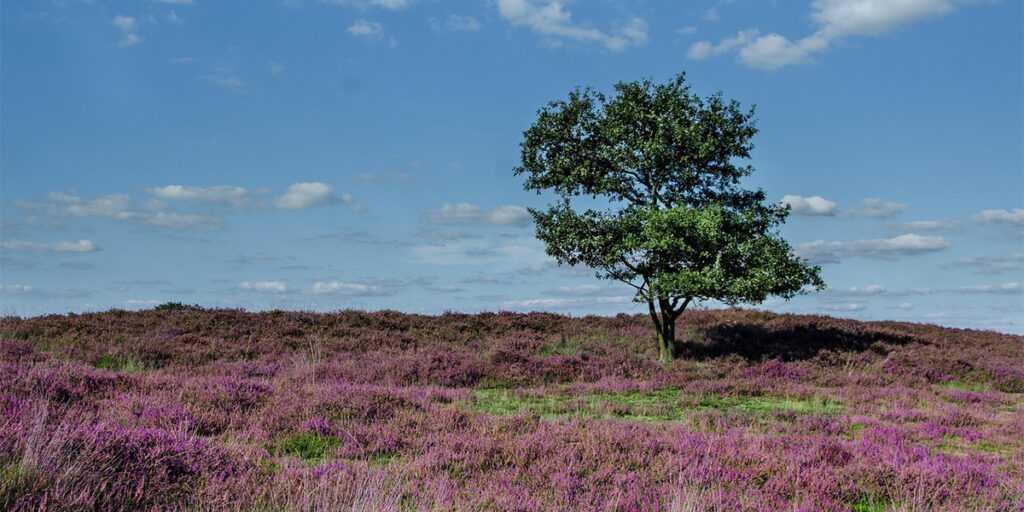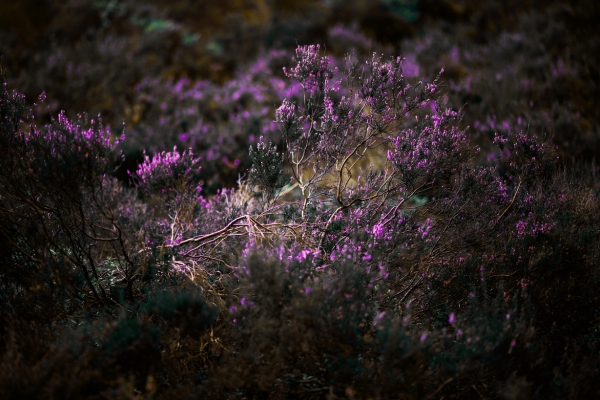
Shooting comes out on top in grouse debate
A petition to ban driven grouse shooting has been rejected by MPs during a Westminster Hall debate.
Get information on the legal shooting season for mammals and birds in the UK.
Apply for funding for your project or make a donation today
Comprehensive information and advice from our specialist firearms team.
Everything you need to know about shotgun, rifle and airgun ammunition.
Find our up-to-date information, advice and links to government resources.
Everything you need to know on firearms law and licensing.
All the latest news and advice on general licences and how they affect you.

BASC is marking the start of Scotland’s red grouse season by highlighting the sport’s economic, social, and environmental contributions – and warning that new muirburn licensing rules could threaten effective moorland management.
Shooting sustains thousands of jobs across rural Scotland and contributes £340million (GVA) to the Scottish economy, spanning gamekeeping, hospitality, sporting tourism, and local services.
Beyond the economic input, the Glorious Twelfth unites communities, embodies heritage, and sustains the network of land managers, gamekeepers, and volunteers who safeguard our uplands. Their expertise is central to the responsible management of these landscapes.
The latest figures from BASC’s Natural Capital report show that the recreational value to those involved in grouse shooting is £9.2 million, whilst the value to the public of these managed landscapes, through footpath usage for example, is £1.2 million.
However, BASC has also warned that the new muirburn licensing could jeopardise effective moorland management, if poorly implemented.
Muirburn (controlled burning of heather) actively enhances biodiversity, promotes fresh plant growth, supports species such as deer and grouse, and reduces wildfire risk by managing dry, combustible vegetation.
Under the Wildlife Management & Muirburn (Scotland) Act 2024, a licence will soon be required for all muirburn activities in Scotland. This comes into effect on 1 January 2026.
BASC was instrumental in forcing the Scottish Government to postpone its proposed September implementation date over issues with the draft Code of Practice.
BASC remains concerned that overly complex requirements, such as ambiguous peatland depth rules, confusing guidance between legal obligations and best practice, and restrictive slope limitations, could unintentionally hinder controlled burning. This, in turn, risks increasing fuel loads across moorlands and raising the threat of wildfires across Scotland’s moorlands.
Ahead of the 12th, BASC is urging the Scottish Government to make changes to the 2024 Act to ensure that muirburn licensing does not hinder effective moorland management.
BASC Scotland director, Peter Clark, said:
“The start of the grouse season in Scotland is the culmination of months and years of hard work by gamekeepers and land managers.
“The figures speak for themselves; this is an integral part of the Scottish rural economy.
“Moorland management is an enormous part of protecting and enhancing Scotland’s uplands, delivering both economic and environmental benefits.
“Yet the new muirburn licensing regime, in its current form, hinders moorland managers in their efforts to reduce wildfire risk and provide habitats for grouse.
“We have urged the Scottish Government not to risk these benefits with an overly complicated and unworkable muirburn licensing scheme.”

A petition to ban driven grouse shooting has been rejected by MPs during a Westminster Hall debate.

BASC has cautiously welcomed today’s announcement that the implementation of muirburn licensing in Scotland will be delayed once again.

BASC Scotland’s Peter Clark reflects on the Stage 1 debate of the Natural Environment Bill, warning that reforms could undermine Scotland’s collaborative deer management.